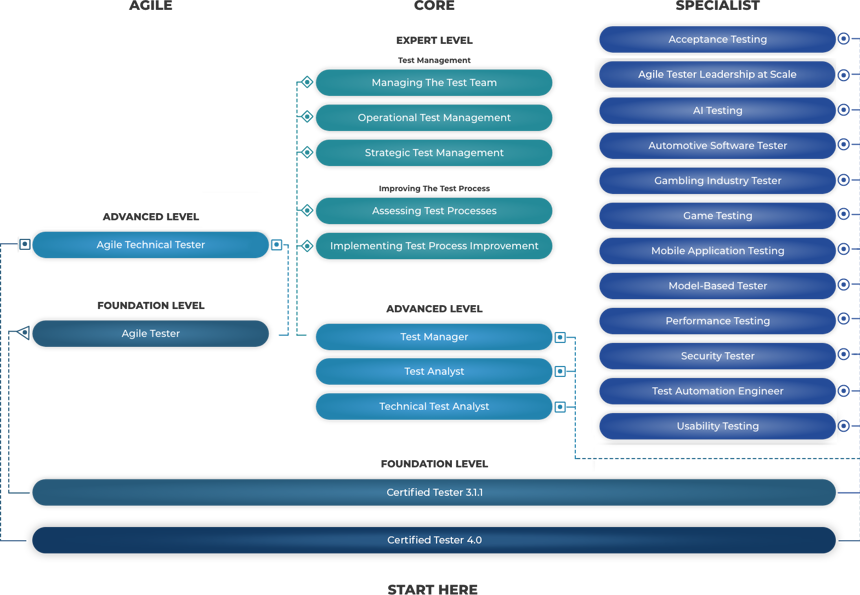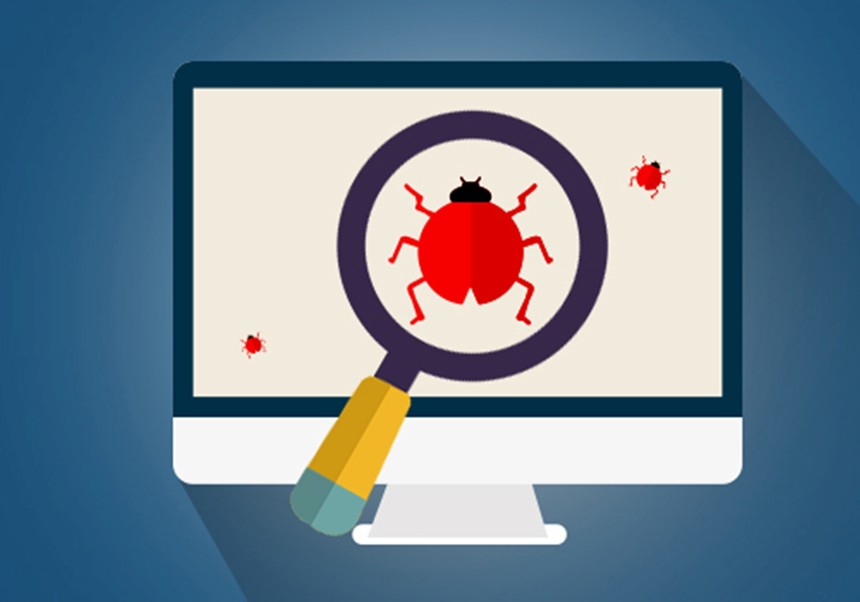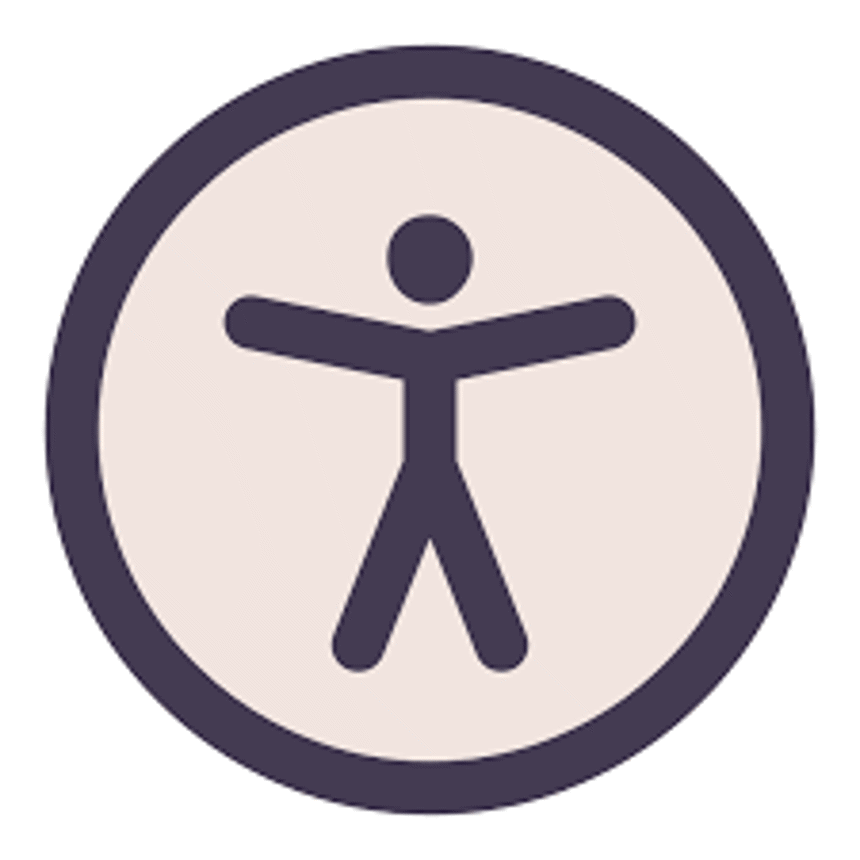As a system tester at Gibe, my primary goal is to ensure that the websites that we develop are robust, reliable, and meet the highest quality standards. Here's how these certifications have not only validated my skills but have also taught me new skills which have made be a better tester.
What is ISTQB?
The ISTQB is a non-profit organisation founded in 2002 that aims to standardise the qualifications and skills of software testers worldwide. It provides a tiered certification scheme, ensuring a clear and structured path for career advancement in software testing.
There are many certifications offered by ISTQB with three main paths:
-
Core
-
Agile
-
Specialist
The core path focuses on a clear and structured journey for software and doesn’t tend to focus on specialised topics, but instead focuses on a more overall view on testing. It is split into multiple levels each built on the previous ones.
The agile path is relatively new and only contains two certifications: Agile tester and Agile technical tester, with Agile tester focusing on an overview of how to be a more efficient tester in an agile environment and Agile technical tester focusing on more technical aspects such as Automation etc.
The specialist route is where things get more interesting which offers courses that specialise in different topics, examples being: Acceptance testing, AI testing, Gambling industry testing and Usability testing along with many more!

My experience with the Foundation Level Tester Certification
Before moving onto any of the other certifications I had to complete the foundation level tester certification. This certification provided a solid grounding in the fundamentals of software testing, which is crucial for any tester, especially in a fast-moving environment like web development.
I covered some core testing fundamentals while preparing for this certification, including testing in various software development models, learning how to use different testing techniques tools etc.
I feel like this certification is not only for testers, as it provides an overview of the fundamentals, it would also be useful for anyone that works with testers in an agency to get a better understanding of the testing process.

Trying to become more agile
I thought the best certification to go for next was the Agile tester certification, at Gibe we work in a very agile way. This provided me with the skills necessary to test in an agile way in alignment with the principles of agile software development as outlined in the Agile Manifesto.
Again I feel like this certification didn’t just help me grow as a tester but also provided me with a lot of information on the Agile methodology as a whole.
Some of the skills I learned while preparing for this certification we’ve been able to implement in the testing process and has definitely helped me become more Agile and has provided us with a better testing process because of it!
Interest in accessibility
At Gibe we are very dedicated to providing websites that are accessible and put usability at the forefront of everything we do.
This is my most recent certification and I only completed it this week! What attracted me to this certification is that it has chapters focused on improving accessibility on software products.
I took on this certification in hopes that it would improve my testing and help me gain new skills in testing with usability and accessibility.
I’ve already started implementing some ideas I gained into my day to day testing routines and am thinking of other ways we can improve our testing process further with more of a focus on accessibility and usability.

Gaining these ISTQB certifications has definitely made me a better tester by providing me a way to learn new skills I might not have otherwise learnt and I am using these newly learnt skills in my day to day testing to work in a more agile way with the Gibe team and help me test with usability and accessibility in mind.
There’s a lot more interesting ISTQB certifications I hope to complete in the future to help me become a more well rounded tester!